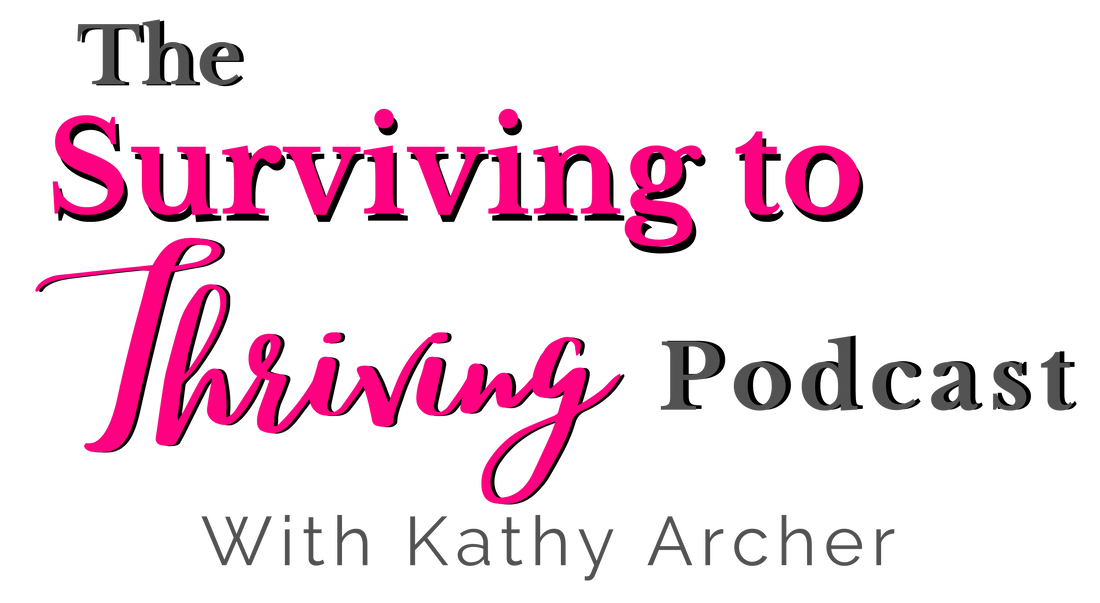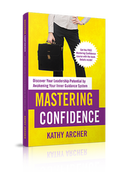Don't let them see you sweat & other falsehoods - 3 WAYS TO INCREASE YOUR EMOTIONAL INTELLIGENCE10/2/2016 Do not, under any circumstance, show emotions at work. Zero emotions are important for Leaders! You’ve heard the adage: don’t let them see you sweat. Similarly, we learn, don’t let them see you angry, don’t lose it and certainly don’t ever cry. Perhaps a few “good” emotions are ok, but only in moderation. Heaven forbid we are called soft. Does this sound familiar? We all have emotions We cannot stop feeling. In truth, we do feel angry on occasions. Sometimes we are embarrassed, annoyed, frustrated, irritated, or feel hurt. At other times, we are excited, overjoyed or thrilled. Then there are the times we feel frazzled, overwhelmed or panicked. In any given day we could have hundreds of feelings pass through us. These moods, sensations and thoughts impact our work Most of us have been trained to push those emotions down. Perhaps not consciously, but subconsciously we’ve learned to set aside how we are feeling and just get the job done. We’ve been trained not to show what we are feeling. We put fake smiles. We armor up with a mask to prevent people from seeing what’s going on inside. We push down the rage, the sadness, and the fear. We can't hide emotions Nevertheless, our emotions are often as plain as the nose on our face. The way we feel oozes out of us. Our anger seeps out. Our rage drips through the sarcasm in our voice. The irritation is visible in her eyebrow raises and our audible sighs. Everyone around us clearly knows we have feelings; the challenge is that we are not clearly expressing our emotions. You need a higher EI (Emotional Intelligence) Emotional intelligence is not only becoming more aware of your emotions but managing your emotions. It is the managing part that is extremely critical in leadership. But it starts with awareness. You need to know when your buttons are pushed and catch yourself before you react. Awareness prevents knee-jerk reactions
It all starts with being aware of your emotions To be aware of your feelings means that you:
Your assignment then is to start with working on increasing your awareness of your emotion Emotions aren’t bad or wrong Emotions are necessary. It’s important to become aware of your emotions and manage your emotions within your work environment and in life. Next week I will talk more about the managing part but for this week simply focus on becoming more aware of what is you’re feeling at any given moment.
Rid your old thoughts Remember emotions aren’t bad or wrong. They are necessary. It’s important to become aware of your emotions and manage your emotions within your work environment and in life. Next week I will talk more about the managing part but for this week simply focus on becoming more aware of what is you’re feeling at any given moment.
0 Comments
Have you ever felt like an outsider? Perhaps you were the one individual in the room that no one was talking to you. It sucks. Have you ever felt that not one cares about you? Maybe your boss didn't have a clue what you were doing or why you are doing it? That feeling sucks too. I’ve felt I’m an outsider, and I bet you have too Not all the time, but you’ve probably felt that sense that no one cares about you. You walked into a meeting, and there was a group on the side talking. They didn’t seem to notice that you had entered the room. No raised heads. No eye contact. You overheard their conversation and knew you have something to contribute, but they didn’t acknowledge you, let alone asked for your opinion. Ouch! It happens Most of the time you can shrug it off knowing it wasn’t that they didn’t care about you or your ideas. They were just engrossed in their conversation. Perhaps later they did look up, invite you over and away you went. That feeling sucks It’s that initial feeling, though, of not being noticed or not perceiving you are a valuable part of the group that, sad to say, many employees feel on an ongoing basis. They don’t get the impression they are seen, nor do they feel appreciated. Far too often, employees feel insignificant, secondary and dispensable. These people give less than 100% When you don’t feel respected, you don’t commit to your work. That means you are producing significantly less than 100% of what you are capable of generating. When you don’t feel like you matter, that your work counts or that you are cared about, you put your time in and go home. Barely. You want 100% employee buy-in My guess is you want more of your team. I suspect you are looking for committed, dedicated and loyal staff. I bet you want people who are invested and care about the work they are doing, the quality of their work, and the impact they are making. How do you get that? You care. Simply put:
When you change your interactions with your staff so that they feel that you care about them, their work and their impact, you will find yourself bragging to others about your stellar team players. Do these 3 things daily to get stellar employee performance 1) Personally, acknowledge your team members Say hi. Use their name. Call them. Send them an email about them, not what you want them to do. Maybe you text your staff regularly.
2) Ensure they understand the meaning in their work Everything people do is connected to a bigger project.
The job of a leader is to make the connection for their team. You need to help them to see that all of the smaller pieces all connected to a bigger project or vision.
3) Use all-inclusive language Approach conversations as if you are all in it together, because you really are all in it together! Use your words to communicate that everything you are doing is connected, because everything is truly connected! You can see this in the above example about goals.
Discovering you do have a stellar team Make these deeper connections with your staff:
|

Available on Amazon
Archives
May 2024
|
|
Leadership TRAINING for Nonprofit Leaders
Become a confident and competent nonprofit Leader: Join The Training Library membership Executive and Leadership COACHING Leadership Coaching for Nonprofit Executives, Leaders and ManagerCoaching |
PODCAST for Nonprofit Leaders
The Surviving to Thriving podcast: Strategies, systems and support to lead your nonprofit with confidence FREE RESOURCES to Grow your Leadership Skills Free Leadership Training Resources, Worksheets and Templates |
Become a CONFIDENT LEADER
|











 RSS Feed
RSS Feed
